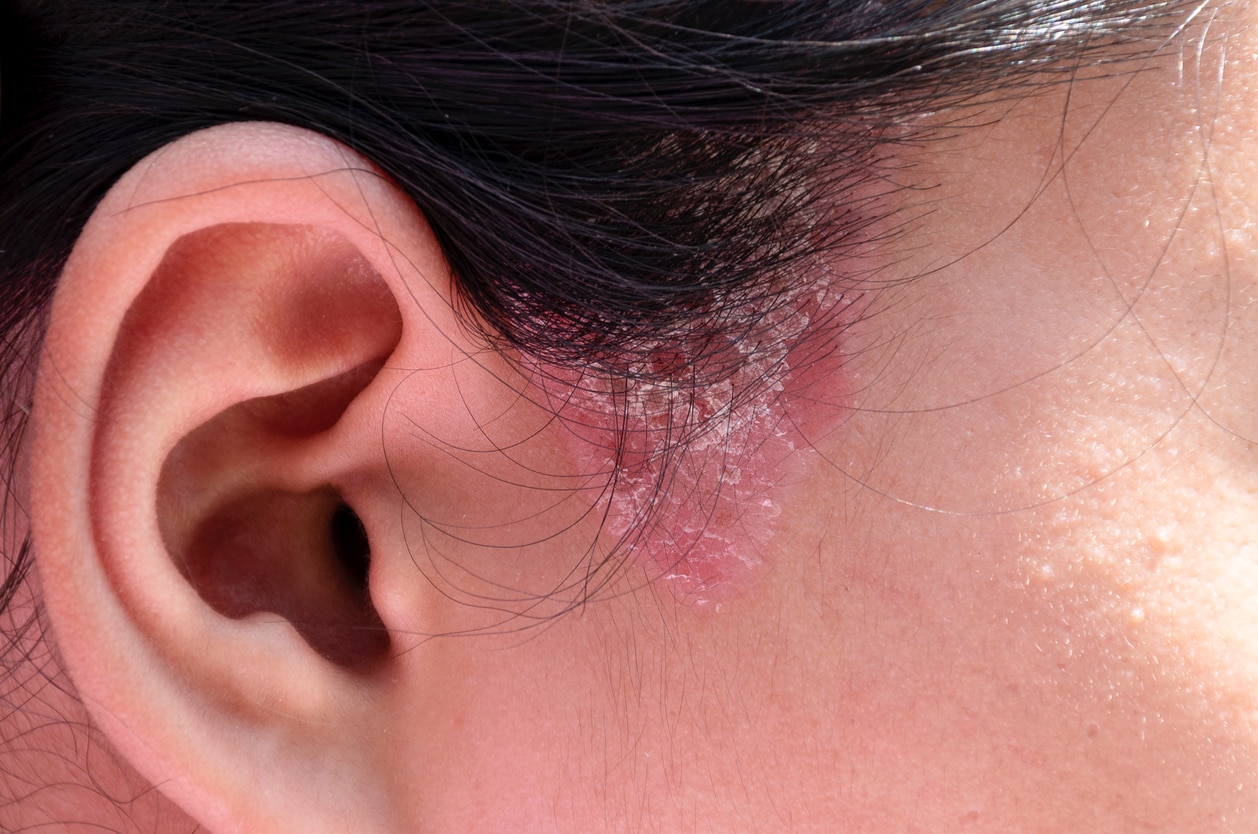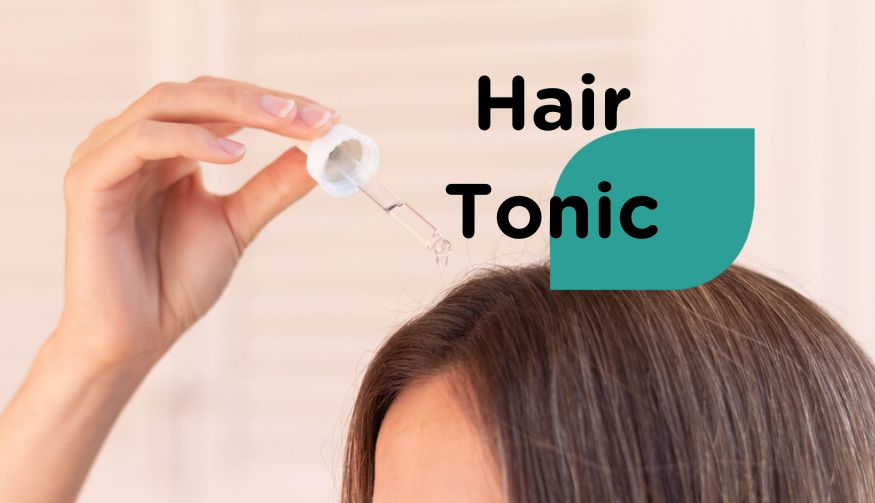Scalp psoriasis is a common type of psoriasis that causes red, scaly patches on the scalp. It can be itchy and uncomfortable and can also lead to hair loss. There are several different treatments for scalp psoriasis, including topical medications, oral medications, and light therapy.
How do you know if you have scalp psoriasis?
Scalp psoriasis can cause a variety of symptoms, including:
- Red patches or plaques on the scalp
- Silver or white scales on the scalp
- Itching or soreness in the affected areas
- Dry, cracked skin on the scalp

Bleeding or temporary hair loss are possible symptoms of scalp psoriasis. Scalp psoriasis can be difficult to distinguish from other conditions, such as seborrheic dermatitis or dandruff. To get an accurate diagnosis, it is essential to consult a doctor.
What triggers scalp psoriasis?
The exact cause of scalp psoriasis is unknown but is thought to be attributed to a combination of genetic and environmental factors. Some factors that can trigger or increase the risk of developing scalp psoriasis include:
- Stress and emotional factors
- Infections or injuries to the scalp
- Certain medications
- Hormonal changes
- Smoking and alcohol consumption

How should I take care of psoriasis in my hair?
There are several things you can do to take care of your scalp psoriasis, including:
- Use a gentle, fragrance-free shampoo designed for sensitive scalps.
- Avoid harsh hair styling products.
- Moisturize your scalp regularly.
- Wear a hat to protect your scalp from the sun.
- Avoid scratching or picking at your scalp.
- Practice stress management techniques, such as meditation or yoga.
- Protect your scalp from extreme weather conditions by wearing a hat or using a scarf
If your scalp psoriasis is severe, you may need to consult a doctor for treatment. Several treatments are available for scalp psoriasis, including topical medications, oral medications, and light therapy.
Scalp psoriasis treatment
There are several different treatments available for scalp psoriasis, including:
- Topical medications: creams and ointments, including coal tar, dithranol, salicylic acid, corticosteroids, or vitamin D-type drugs (calcipotriol or calcitriol).
- Oral medications: Severe scalp psoriasis may need oral medication like methotrexate, acitretin and cyclosporin cyclosporine, and acitretin.
- Light therapy: Light therapy involves exposing the scalp to UVB light. This can help to reduce inflammation and scaling.
The best treatment for scalp psoriasis will vary depending on the severity of your condition. Your doctor will work with you to develop a treatment plan that is right for you.

What products are good for the psoriasis scalp?
There are a few different products that can be used to help soothe and treat a psoriasis scalp. Some of the most common include:
- Scalp care products free from drying alcohol, steroid, paraben, and fragrances, such as Suu Balm™ Rapid Itch Relief Scalp Spray Moisturiser.
- Shampoos containing ingredients that can help to reduce inflammation and scaling, such as Sebamed Urea Relief Shampoo.
- Exfoliating shampoos that can help remove build-up and dead skin cells, such as Aveda Invati Advanced Exfoliating Shampoo Light.
- Medicated shampoos containing coal tar which can relieve itching, scaling, and flaking such as ICM Pharma Hi-Tar Medicated Shampoo.
- Scalp lotions contain ingredients that can help to promote hair growth, such as ICM Pharma Growell Scalp Lotion.
It is important to choose a product specifically designed for the psoriasis scalp and follow the directions on the label carefully. If you are unsure about which product to use, it is best to talk to your doctor or dermatologist.
Reference:
- Psoriasis – NUHS
- About Psoriasis — Psoriasis Association of Singapore
- Psoriasis – Symptoms – NHS (www.nhs.uk)











